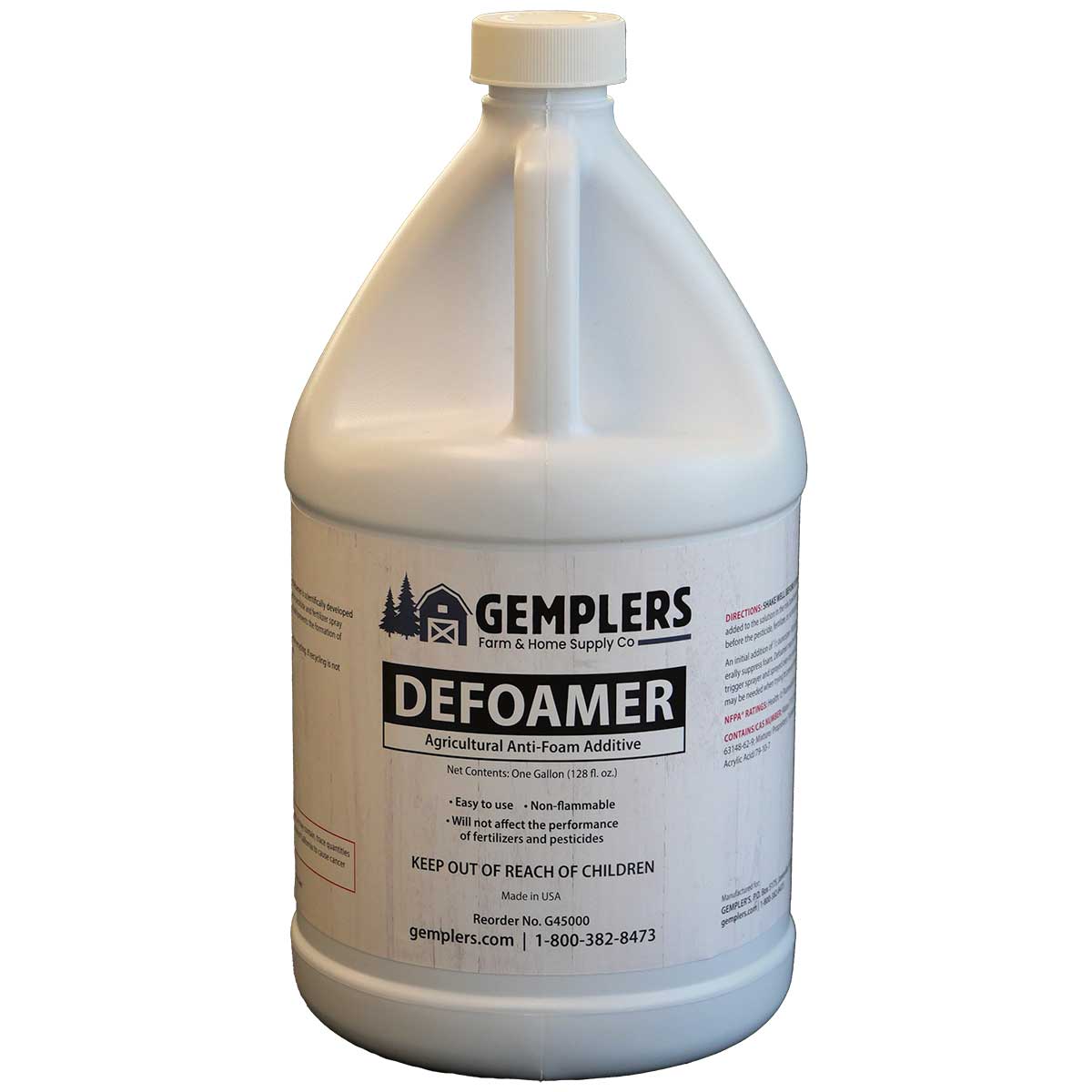Discover the Leading Benefits of Making Use Of Defoamers in Industrial Processes
The use of defoamers in industrial procedures presents a variety of engaging benefits that can boost operational performance and product top quality. By efficiently regulating foam production, these representatives not only enhance product flow yet likewise add to significant expense decreases and enhanced sustainability. Their application extends multiple markets, which elevates concerns concerning their role in mitigating environmental influence while guaranteeing regular output. Comprehending these benefits is essential for sectors aiming to fine-tune their procedures. The effects of adopting defoamers may be extra profound than at first regarded. What specific benefits could your company harness?
Enhanced Process Efficiency
Optimizing industrial processes typically includes attending to frothing concerns, which can prevent operational efficiency. Foam formation can interfere with the appropriate functioning of tools, reduce the efficient use of sources, and make complex the tracking of important specifications. By applying defoamers, sectors can successfully alleviate these problems, resulting in streamlined procedures and enhanced efficiency.
Defoamers work by destabilizing the foam framework, permitting for fast collapse and significant reduction in foam quantity. This action not only boosts the flow of materials via devices, such as mixers, pipes, and reactors, yet likewise minimizes interruptions brought on by foam overflow. Devices downtime is decreased, allowing for a much more continuous and reliable production process.
In addition, using defoamers can bring about minimized energy usage. With much less foam to handle, compressors and pumps can run more effectively, causing lower functional costs and a general improvement in process throughput. Inevitably, the tactical use defoamers not just addresses instant frothing challenges however also adds to an extra efficient industrial ecological community, fostering an affordable benefit in a demanding market.
Improved Product Top Quality
The assimilation of defoamers in industrial processes plays a crucial function in improving item top quality. By efficiently managing foam development, defoamers add to the consistency and uniformity of last items. Too much foam can lead to aeration, which adversely influences the appearance and stability of formulations, especially in sectors such as food and drinks, pharmaceuticals, and coverings.

Furthermore, defoamers facilitate far better mixing and diffusion of components, leading to homogeneity in solutions. This is vital in applications where precise component ratios are important for performance and safety and security. Additionally, the removal of foam can decrease the threat of contamination during manufacturing, further securing product stability.
Ultimately, by enhancing item quality, defoamers not just enhance consumer contentment however additionally reinforce brand name reputation. Their function in keeping top quality criteria underscores their significance in modern-day industrial processes.
Expense Decrease Benefits
Carrying out defoamers in commercial procedures can lead to considerable price decrease benefits. By efficiently managing foam development, defoamers minimize product loss during production, therefore maximizing material usage. This reduction in waste equates straight right into reduced resources costs, enhancing general operational performance.
Moreover, making use of defoamers this can reduce power intake. Too much foam can hinder equipment performance, causing raised power requirements to maintain production levels. By alleviating foam, defoamers promote smoother operations, allowing machinery to run much more effectively and decreasing energy expenditures.

Furthermore, defoamers can shorten handling times. By using defoamers, industries can simplify their procedures, leading to faster turnaround times and boosted throughput.

Environmental Effect Reduction
In commercial procedures, making use of defoamers plays an important duty in mitigating ecological influences connected with foam generation. Foam can result in considerable functional inadequacies, causing increased emissions and waste generation. By properly managing foam, defoamers assist preserve procedure performance, therefore lowering the overall environmental footprint of operations.
Moreover, excessive foam can overflow containment systems, leading to spills that may contaminate soil and water resources. Defoamers help minimize this risk by guaranteeing that lathering does not surpass recommended limitations, promoting compliance with environmental regulations. This aggressive approach not just safeguards ecological communities yet additionally boosts the sustainability of commercial methods.
Furthermore, using defoamers can lower power intake in different processes. defoamers. Decreasing foam formation diminishes the demand for extra energy-intensive steps, such as enhanced agitation or pumping, which may or else be essential to handle foam. The adoption of defoamers aligns with more comprehensive sustainability objectives by promoting power effectiveness while minimizing the carbon impact of commercial activities.
Inevitably, integrating defoamers into commercial operations is a critical procedure that sustains environmental stewardship and liable resource monitoring.
Adaptability Throughout Industries
Across various sectors, defoamers demonstrate YOURURL.com remarkable convenience, adapting to the details requirements of diverse applications. In the food and drink sector, for example, defoamers are vital to preserving item quality by protecting against foam formation throughout processing, which can influence structure and taste. Similarly, in the pharmaceutical sector, defoamers guarantee the security of formulations, improving item efficacy and uniformity.
In the chemical manufacturing world, defoamers facilitate smoother procedures by reducing foam in response vessels, thus enhancing return and minimizing downtime. The paper and pulp industry counts on defoamers to improve the efficiency of pulp processing and paper manufacturing, guaranteeing ideal item integrity. In addition, in wastewater treatment centers, defoamers play a vital duty in controlling foam throughout oygenation processes, leading to enhanced therapy end results.
The adaptability of defoamers encompasses the oil and gas industry, where they help in handling foam in exploration fluids and manufacturing processes. By tailoring formulas to satisfy details industry requirements, defoamers serve as important tools that improve operational performance, item quality, and overall procedure performance throughout a wide variety of industries. Their adaptability highlights their worth in modern commercial applications.
Conclusion
Finally, the usage of defoamers in industrial procedures provides various benefits, consisting of enhanced performance, enhanced product quality, significant price decreases, and positive ecological effects. Their ability to properly manage foam development adds to operational connection and resource optimization. The adaptability of defoamers across varied sectors highlights their critical function in advertising sustainable techniques and profitability. The combination of defoamers represents a tactical strategy to dealing with obstacles connected with foam administration in numerous producing settings.
Ultimately, the calculated usage of defoamers not just addresses prompt frothing challenges but also contributes to a more effective industrial environment, promoting an affordable benefit in a requiring market.
In commercial procedures, the usage of defoamers plays a critical duty in mitigating ecological influences linked with foam generation. By effectively controlling foam, defoamers help maintain process efficiency, thereby reducing the overall environmental impact of procedures.
In addition, in wastewater therapy facilities, defoamers play a crucial function in managing foam during aeration procedures, leading to better therapy results.
